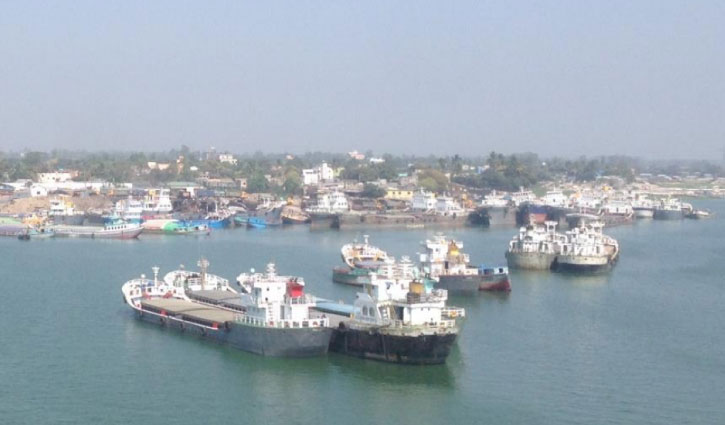Everybody wins from transboundary rivers tourism: Experts
BI Report || BusinessInsider

Representational photo
With adequate investments, infrastructure and regulations, river cruise tourism will provide a win-win situation for the public and private sectors and the communities ensuring the sustainability of the economy and environment in the Ganges, Brahmaputra and Meghna basins.
This is the key message that came out of two public-private dialogues (one virtual and one physical) organised by CUTS International.
Government officials, cruise operators and community representatives for inclusive and sustainable business practices in river tourism attended the event.
The dialogue attendees discussed the regional programme titled “The Transboundary Rivers of South Asia (TROSA)” supported by the Swedish International Development Cooperation Agency (Sida) and managed by Oxfam.
Centering the dialogue, CUTS International issued a Guiding Statement and an Outcome Statement identifying major challenges and recommendations to face them.
The Maritime India Vision (2030) stated that the governments of India and Bangladesh will promote cruise tourism through the various transboundary rivers between both countries.
River cruise tourism on the India-Bangladesh Protocol (IBP) route is thus being promoted to connect the tourist places along river Ganga, Brahmaputra, and other transboundary rivers.
However, certain challenges need to be addressed, such as security issues, immigration checks for passengers and crew, custom clearance, and health clearance for all foreign tourists arriving through a river cruise.
There are several cruise operators plying vessels within the national borders of India and Bangladesh and across borders. The current itinerary of the river cruise between Dhaka and Guwahati includes staying at different villages along the banks of Brahmaputra river.
This provides ample opportunity for the tourists to interact with the local communities and acquaint themselves with their lifestyle.
Recommendations:
The Guiding Statement said day-pass for tourists from India-Bangladesh would play an important role in promoting river tourism.
This would encourage short-haul tourism in transboundary rivers by attracting domestic tourists from India and Bangladesh.
Innovative thinking and digitalisation are necessary to connect the tour operators and other stakeholders through borders. Also, tour operators from both sides of borders should meet and share their innovative ideas to promote effective and efficient tourism.
It said the authorities concerned of both countries should facilitate such consultations with tour operators.
It also recommended establishing partnerships with media and new age travel writers who would be willing to write on various aspects of the protocol route while exploring the niche and unexplored routes can also help promote river tourism.
Dialogues on river cruise tourism need to include the grass-root as well as indigenous communities, artisans, youth and women so as to render their services and protect their rights.
It also suggested simplified travel regulations such as on arrival visas, e-visas, on-board immigration & customs clearance to facilitate cross-border tourism.
The public and private sector collaborations should be encouraged to develop sustainable infrastructure for river tourism, it said.
The governments of India and Bangladesh should work jointly on developing river routes and engage the private sector and civil society organisations to undertake market analysis, it further said.
The Outcome Statement added some more recommendations.
It said a clear understanding of tradable goods between India (especially northeast India) and Bangladesh is essential to attract local traders.
Youth and women have to be trained to utilise the emerging employment opportunities in the tourism sector.
Dialogue on river-based trade and tourism should include the grassroots communities, youth and women in the discussion for their better participation in these activities.
It also suggested improving navigability conditions and setting up all-weather inland ports at the Ports of Call also require immediate attention.
Technology upgrade, digitalisation, and paperless trade are required to promote river-based trade and tourism. Also, there should be proper dissemination of such information at the ground level.
Market analysis and research need to be undertaken to identify tradable commodities and analyse the critical gaps in key policies and regulations.
The development of traffic routes is vital to prevent unforeseen circumstances, and travel norms and regulations should be liberal to encourage tourism.
Public thinking and media engagement are also necessary to raise the issue of cross-border trade on different platforms, especially about ease of doing business through inland waterways, the guideline said.
























